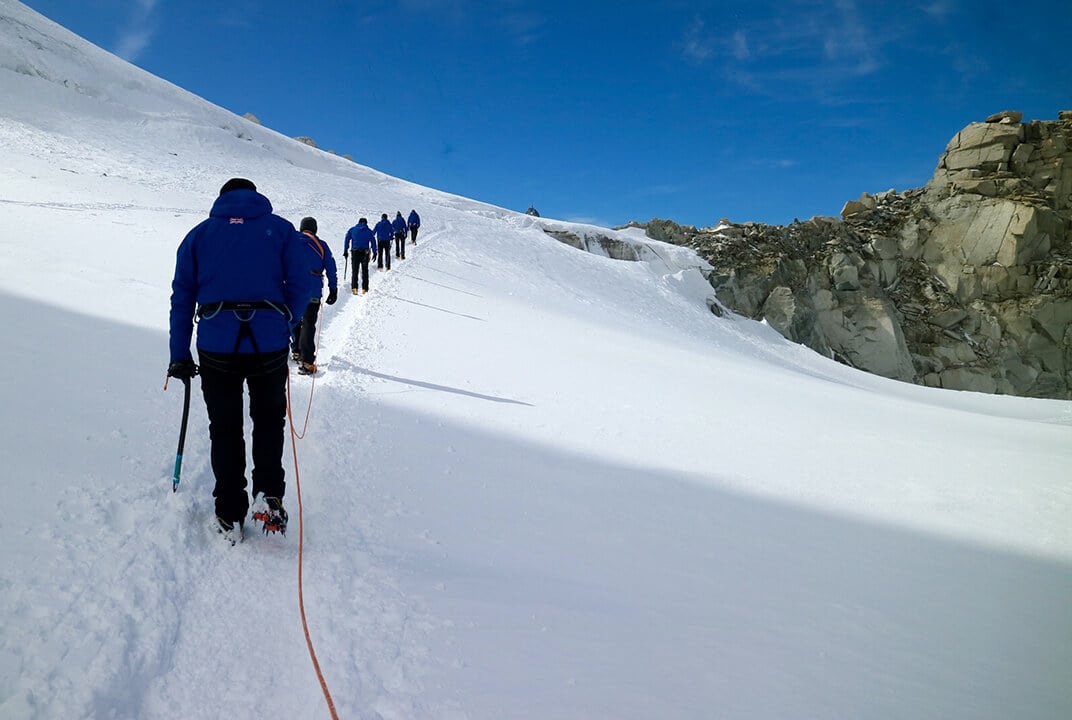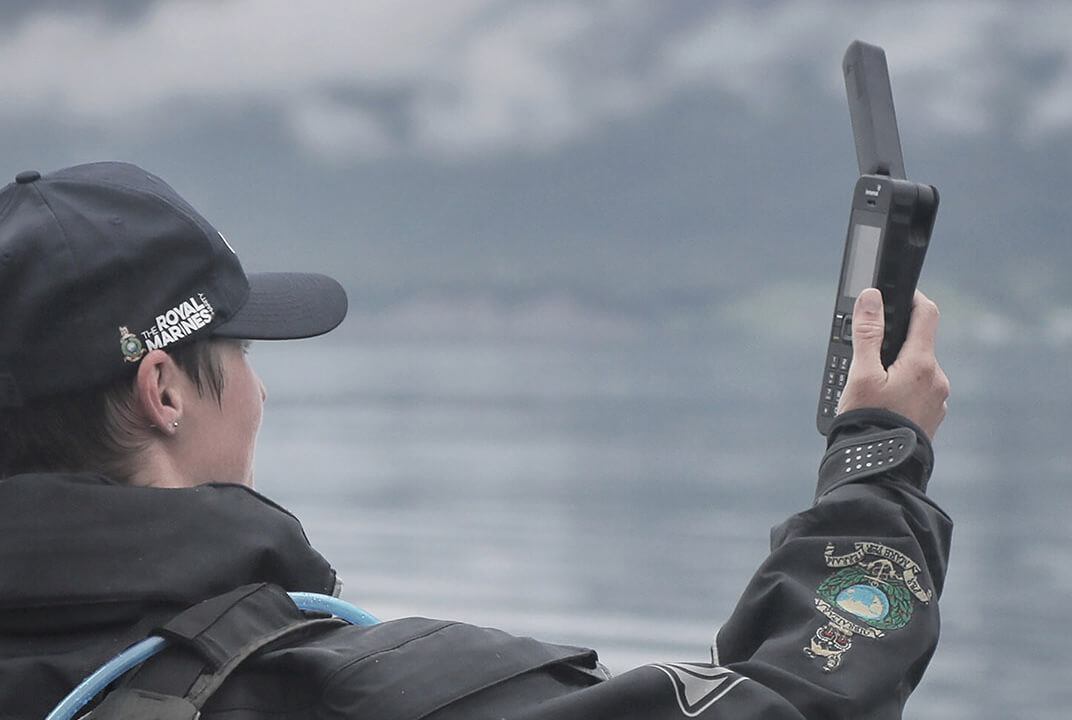Armed forces pack Inmarsat equipment for Dhaulagiri ascent
A mountaineering expedition in Nepal being undertaken by British armed forces will rely on Inmarsat connectivity to transmit medical data and keep team members safe.
The British Services Dhaulagiri Medical Research Expedition (BSDMRE), which sets off on 30 March, will study how the human body reacts at high altitudes, while also giving 36 servicemen and women from the Royal Navy, the British Army and the Royal Air Force the opportunity to train in a unique and challenging environment.
Inmarsat is giving BSDMRE six IsatPhone 2 satellite phones, four BGAN broadband data terminals and an IsatHub terminal, plus unlimited airtime.
Data analysis
The mountaineering teams will use the equipment to communicate with each other and the rest of the 100-strong expedition at base camp, coordinate activities, and send real time data back to the UK for analysis. Planned studies include the effects of exercise at high altitudes, biomechanical changes in walking and balance, and heart rate monitoring.
Expedition members will also be able to use their own smart devices with IsatHub to contact home and update social media.
Peter Dingley, Vice President Offer Development, Inmarsat Global Government, said: “Where safety of life is concerned there should be no compromise, so Inmarsat is the natural choice to support the Dhaulagiri 2016 expedition in Nepal.
Dependable, anywhere
“Backing such expeditions illustrates Inmarsat’s commitment to providing dependable and secure communications to the most far flung, inhospitable areas of the world.”
A joint British Services Expedition takes place every four years, with the last one commemorating the 100th anniversary of Scott’s expedition to the South Pole in 2012.
This April and May, three groups will climb Dhaulagiri – at 8,167m, the seventh highest point on Earth – and surrounding Himalayan peaks. The main team will attempt the most challenging ascent without oxygen.

